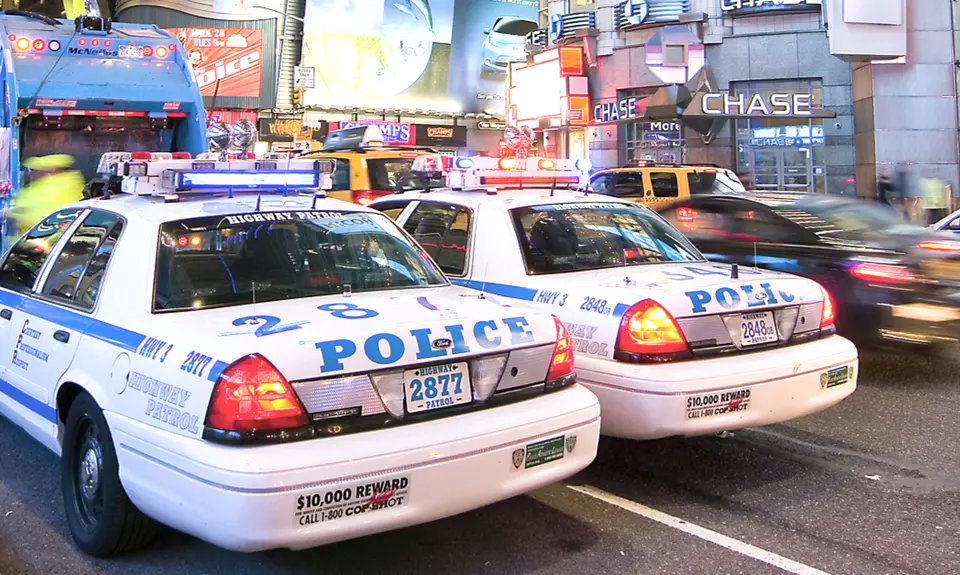Judge Doris Pryor, nominated by President Biden to the US Court of Appeals for the Seventh Circuit, wrote a unanimous opinion that reversed a lower court and gave a victim of serious police misconduct the opportunity to go forward with claims that police had violated his rights. The decision in Patrick v City of Chicago was issued in August, 2023
What happened in this case?
Anthony Leroy Patrick, a resident of the south side of Chicago, was finishing some work on a house near where his ex-girlfriend lived. He was spotted by several members of a gang, including the current boyfriend of the woman, and they began shooting at him. He fled in his truck to his mother’ house, where he also lived along with his current girlfriend and his children.
When he got inside, Patrick realized he had left the truck unlocked with his work equipment inside. He went out to lock the truck, but gang members threw a brick through the windshield and again shot at him. Patrick went in the house, grabbed a gun loaded with pellet bullets, and shot back. One of the gang members was hit and they all ran away.
Later that day, three Chicago police officers banged on the house’s front door. Patrick also saw a number of other officers “forming a perimeter” around the house. The police told Patrick that they “simply wanted to talk,” and he opened the door as requested. But the police “immediately shoved Patrick to the ground” and “handcuffed him.” They demanded that he “tell them where the gun was” or they would “tear Patrick’s mother’s house apart.” The police had no search warrant.
Patrick complied and retrieved the gun from a basement safe. The police seized the gun and ammunition, and demanded that Patrick’s mother sign a consent form for the search. Patrick was arrested, detained for several years, and ultimately pleaded guilty to discharge of a weapon, with all other charges dropped and no additional penalty imposed.
Patrick then filed a civil lawsuit against Chicago and the police for misconduct and constitutional violations related to the search and the arrest. But a district court judge dismissed the case, claiming that Patrick’s claims about search and seizure were collaterally estopped because of a state court case he had filed concerning false arrest and detention. Patrick appealed to the Seventh Circuit.
How did Judges Pryor and the Seventh Circuit rule and why is it important?
Judge Pryor’s unanimous decision reversed the lower court ruling that deprived Patrick of his day in court on the illegal search and seizure claim. She explained that collateral estoppel, which bars someone from relitigating an issue resolved in another court, did not apply because the state court lawsuit focused on false arrest and detention and “did not resolve whether the warrantless search of Patrick’s home and the seizure of his property were justified.” Even if the state court had found that Patrick’s arrest was warranted, she went on, the lower court was wrong to assume that this precluded litigation on the separate issue of the search, and there were “no facts to support the warrantless search” and seizure. Judge Pryor directed the district judge to give Patrick his day in court on the search and seizure and related conspiracy claims.
Judge Pryor’s opinion is obviously important so that Anthony Leroy Patrick can have the opportunity to receive some justice and accountability for what happened to him. It is also important, particularly in the Seventh Circuit including Illinois, Indiana, and Wisconsin, to make clear that issues of improper police searches should be resolved separately from claims of improper arrests and that there should be accountability for unconstitutional police misconduct. In addition, the ruling serves as another reminder of the importance of promptly confirming fair-minded Biden nominees like Judge Pryor to our federal courts.
